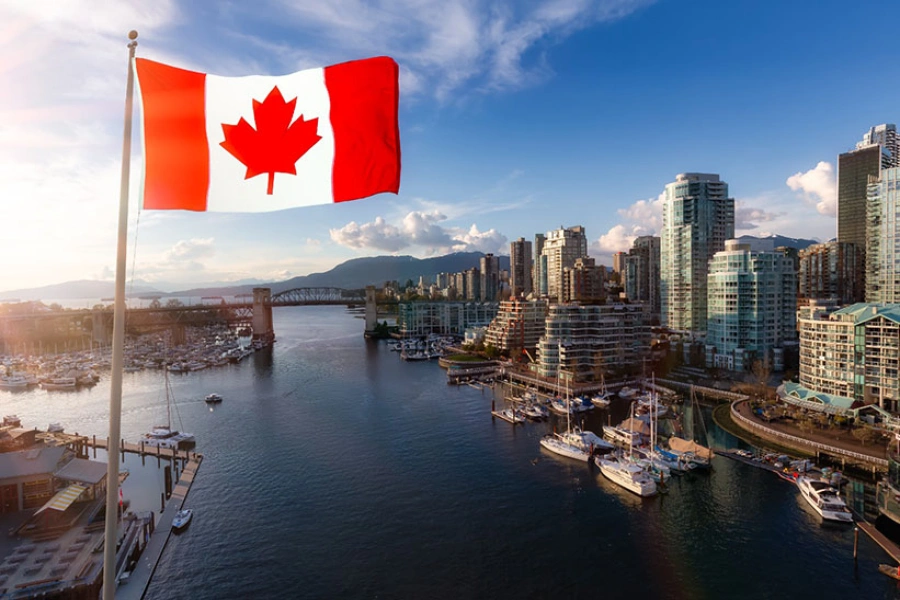BEIJING, Jan 21: Countries in Asia and elsewhere have begun body temperature checks at airports, railway stations and along highways in hopes of catching people carrying a new coronavirus that is believed to have spread from Wuhan in central China and sickened more than 290 people in that country. The recent confirmation that the disease can spread between humans has heightened fears as millions of Chinese travel during the annual Lunar New Year holiday.
The measures are part of a widening effort aimed at preventing a repeat of the 2002-2003 outbreak of SARS, another coronoavirus that started in China and killed nearly 800 people, paralyzed transport and damaged Asian economies.
One case has been detected in Japan, and Prime Minister Shinzo Abe has urged officials to step up quarantine checks at airports and other entry points, with many visitors from China expected to arrive during the Lunar New Year holiday. The number of Chinese tourists has risen steadily in recent years, with more than 9 million visiting last year. Japan will require visitors arriving from Wuhan to fill in health forms, Chief Cabinet Secretary Yoshihide Suga said. Japan confirmed its first patient last week, a man in his 30s who tested positive for the coronavirus after returning from Wuhan. The Ministry of Health, Labor and Welfare said it has tracked down 41 people who had contacts with the patient and is monitoring them. It says none has developed pneumonia symptoms.
Infographics : The Happiest Countries in the World

Brendan Murphy, Australia’s chief medical officer, said flights from Wuhan are being met by biosecurity staff and by state health officials in New South Wales who are distributing pamphlets in English and Chinese to all passengers describing the symptoms of the disease and asking them to identify themselves if they have any. Australian health officials said a man was placed in isolation in Brisbane after developing a respiratory illness after traveling to Wuhan but has now recovered.
The U.S. has begun screening passengers on flights from Wuhan arriving at John F. Kennedy International Airport, San Francisco International Airport and Los Angeles International airport — the three major ports of entry to the U.S. Initial screenings are expected to involve around 5,000 passengers, according to the Centers for Disease Control. It says it has developed a test to diagnose the new coronavirus which it plans to share with domestic and international partners. “Based on current information, however, the immediate health risk ... to the general American public is deemed to be low at this time. Nevertheless, CDC is taking proactive preparedness precautions,” it said.
The semi-autonomous Chinese city is one of the most popular destinations for mainland Chinese. Along with stepped-up surveillance, additional cleaning and disinfection measures have been ordered for planes and trains from Wuhan as well as for train stations and the airport. A lack of information and low levels of vigilance were blamed for Hong Kong becoming the second-hardest hit area by SARS after mainland China. Officials are determined not to see a replay. Acting Chief Executive Matthew Cheung on Tuesday said authorities are ready for a worst-case scenario and are on extremely high alert. As in much of mainland China, Hong Kong residents favor traditional markets where live poultry and other animals are sold. The government health department has advised against visiting such markets or touching animals or their droppings. The outbreak is believed to have started at a market in Wuhan.
South Korea, which reported its first case of the virus on Monday, has enacted strict airport monitoring measures. At Incheon airport near Seoul, the only airport in South Korea with direct flights from Wuhan, authorities have been operating two special gates for passengers from the city since Jan. 3. Officials use ear thermometers to check passengers’ temperatures. Since Jan. 2, airport staff have also been spraying disinfectant at arrival halls twice a week, up from once a week previously. Handrails of moving walkways and escalators, elevator buttons and doors, drinking fountains and other sensitive areas are also wiped with disinfectant twice a day, the airport said. In 2015, South Korea suffered an outbreak of Middle East Respiratory Syndrome which killed 36 people and sickened nearly 200.
Nigeria’s government says health authorities at points of entry are on alert for cases of coronavirus arriving in Africa’s most populous country. The Nigeria Center for Disease Control asked that travelers from Wuhan report to a medical facility and the center if they feel ill. China is Africa’s top trading partner. South Africa’s National Institute for Communicable Diseases said anyone with a severe respiratory illness should be tested if they have traveled to Wuhan within two weeks or had close physical contact with a coronavirus patient or treatment at a facility where a confirmed case has been reported. There were more than 200,000 Chinese workers in Africa as of the end of 2017, not including numerous informal migrants such as traders and shopkeepers, according to the China Africa Research Initiative at Johns Hopkins University.
Singapore will expand temperature screening at Changi Airport, one of Asia’s busiest travel hubs, for all travelers on flights arriving from China beginning on Wednesday. The health ministry said individuals with pneumonia and a history of travel to Wuhan within 14 days of the onset of symptoms will be isolated in a hospital as a precautionary measure and investigated. Neighboring Malaysia has also beefed up screening at Kuala Lumpur International Airport. Deputy health Minister Lee Boon Chye, inspecting health screening at the airport Tuesday, said staff are being trained to handle possible cases. “If a case emerges, then we may have to take more drastic measures, but for now, we hope we can nip it at the entry point,” Lee told reporters.
China’s often secretive Communist government was blamed for making SARS far worse by initially hiding information and blocking the work of the World Health Organization. This time, leader Xi Jinping has led calls for tough measures, ordering that “party committees, governments and relevant departments at all levels should put people’s lives and health first.” At the airport in Wuhan, the temperatures of departing passengers were being checked and outbound tour groups were banned from leaving the city. Virtually anyone in a public role, from traffic policemen to bank tellers, along with many riding public transport have donned protective masks.






































